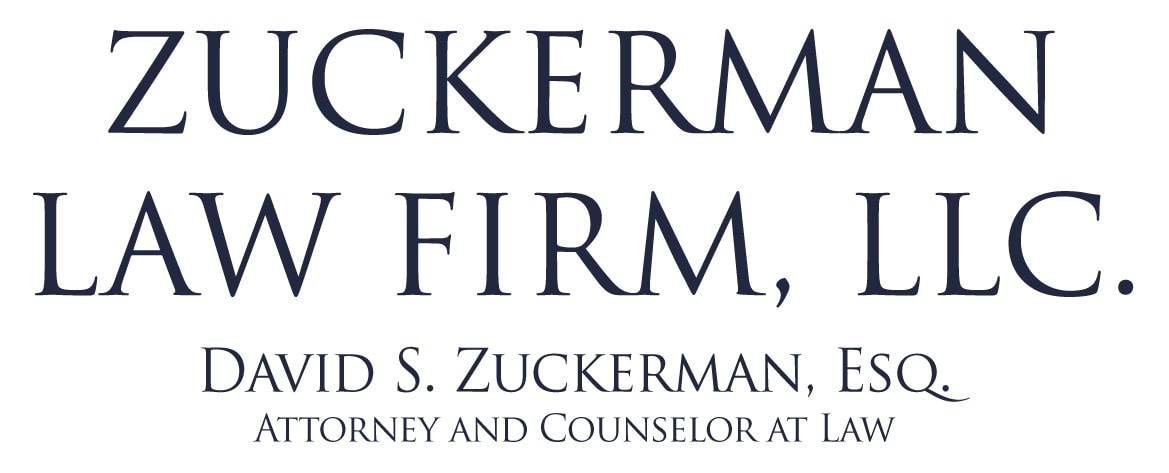DUI CHECKPOINTS IN PITTSBURGH | WHAT YOU NEED TO KNOW
DUI Checkpoints in PA, also referred to as roadblocks or sobriety checkpoints, are a means used by members of law enforcement to prevent drunk driving before it happens and to catch drunk drivers who travel in areas where DUI arrests are commonly made. DUI Checkpoints are controversial in that vehicles are being stopped systematically by police regardless of whether or not reasonable suspicion exists to believe the driver has committed a crime or violated the vehicle code. Our Supreme Court has held that the state's interest in protecting citizens overrides the privacy intrusions that result from a DUI roadblock stop. However, DUI checkpoints in Pennsylvania are subject to strict requirements.
HOW DOES A DUI CHECKPOINT WORK IN PITTSBURGH?
In Pennsylvania, law enforcement agencies will block off a section of roadway, stopping drivers to request their license, registration and insurance documents. During this encounter, police will be looking for signs of intoxication such as an odor of alcohol, bloodshot and glassy eyes, slurred speech patterns, and difficulty producing documentation. Police may also become suspicious if a driver is unusually nervous, or begins reaching around the interior compartment of the vehicle.
Thereafter, the driver may be asked to exit his or her vehicle and answer questions regarding their travel plans, whether or not they had been drinking, and if there are drugs or illegal items inside their car. If the driver is suspected of DUI, he or she will be asked to submit to field sobriety testing, including eye movement tests, walking a straight line, standing on one foot, and touching your finger to your nose. Police may also ask you to blow into a Portable Breath Test device to determine if alcohol is in your system.
If police believe it is more likely than not that you are driving under the influence of alcohol or drugs, you will be placed under arrest. You will then be read a series of chemical test warnings, and will be asked to submit to a breathalyzer or blood test. Typically, an intoxilyzer operator or phlebotomist will be present at the checkpoint to take breath samples or draw blood.
DUI CHECKPOINTS ARE LEGAL IN PENNSYLVANIA WHEN PROPER GUIDELINES ARE FOLLOWED
Police officers are not permitted to just block off any road and start stopping drivers arbitrarily. There are very specific requirements that the police must adhere to before a DUI checkpoint is legal.
- The police must provide public notice as to the date, time and location of the roadblock.
- The police must have a consistent method for stopping drivers, such as stopping every 4th vehicle.
- The decision to conduct a roadblock, as well as the time and location of the roadblock, must be pre-approved by administrators, and not police officers in the field
- The checkpoint must be located in an area where there are frequent DUI arrests, and at a time of the day where drunk drivers are likely to travel on the road. For example, a roadblock at noon on a lightly traveled road would not be a proper location.
- The checkpoint must be at a fixed location, and not moved elsewhere
- The checkpoint must be well-staffed
A DUI CASE CAN BE WON IF THE DUI CHECKPOINT WAS ILLEGAL
The area of law dealing with DUI checkpoints is complicated, and your case should be handled by an experienced Pittsburgh DUI lawyer from the time of your preliminary hearing all the way through trial if necessary. Your lawyer can request information from the prosecution through the discovery process, such as department manuals and guidelines for handling the checkpoint, statistics and data relied upon in choosing a particular roadway, copies of checkpoint notices and announcements, the names and shift times for all officers staffed on the date of your arrest, and related documentation.
At your preliminary hearing, the officers who handled the checkpoint can be cross-examined regarding any errors they made in setting up and maintaining the DUI checkpoint. A transcript from this proceeding can be used to file pretrial motions challenging the constitutional validity of your vehicle stop.
If your DUI attorney is able to establish errors in the process, your charges may be dismissed or withdrawn before trial. In addition to challenging roadblock errors, your DUI attorney can still challenge other errors, including a lack of probable cause to arrest, the improper administration of field sobriety tests, the results of your breath or blood test, and all other factors necessary to building a defense to your DUI.
If you are charged with a DUI or any crime after being stopped at a checkpoint, call Zuckerman Law Firm today at 412-447-5580 for a free telephone consultation.
